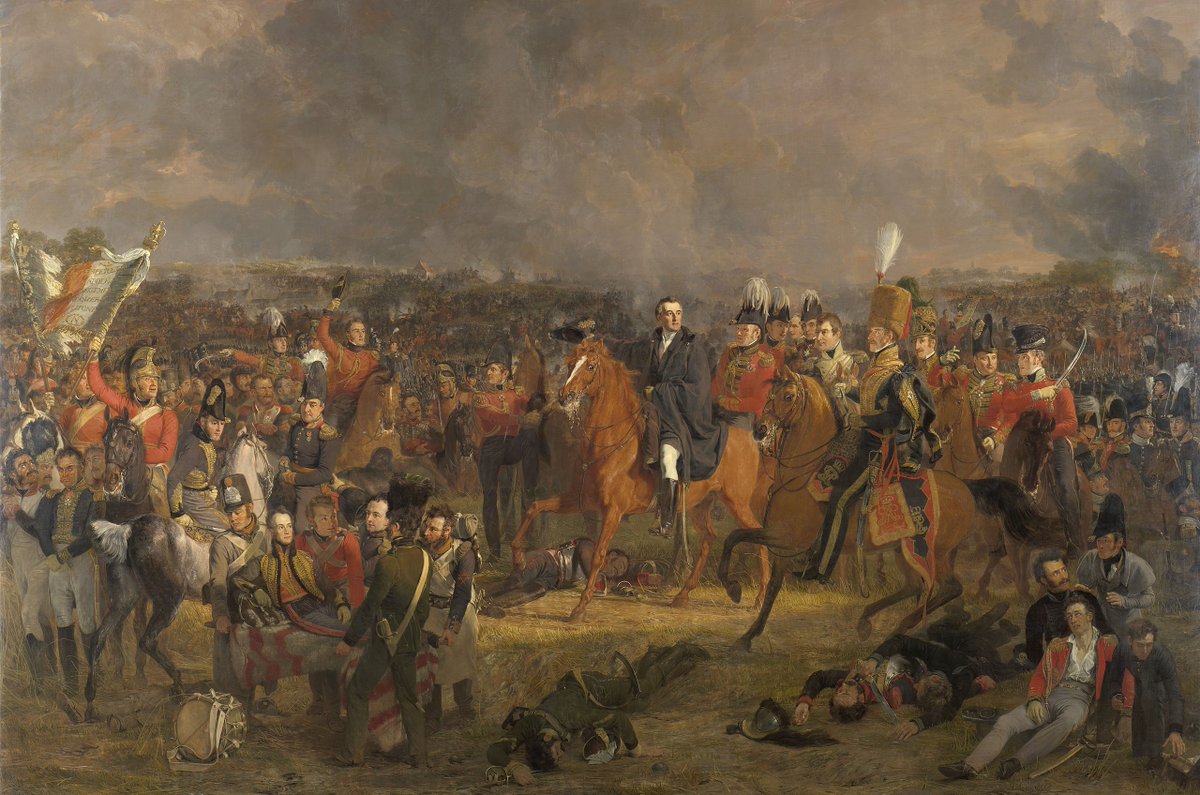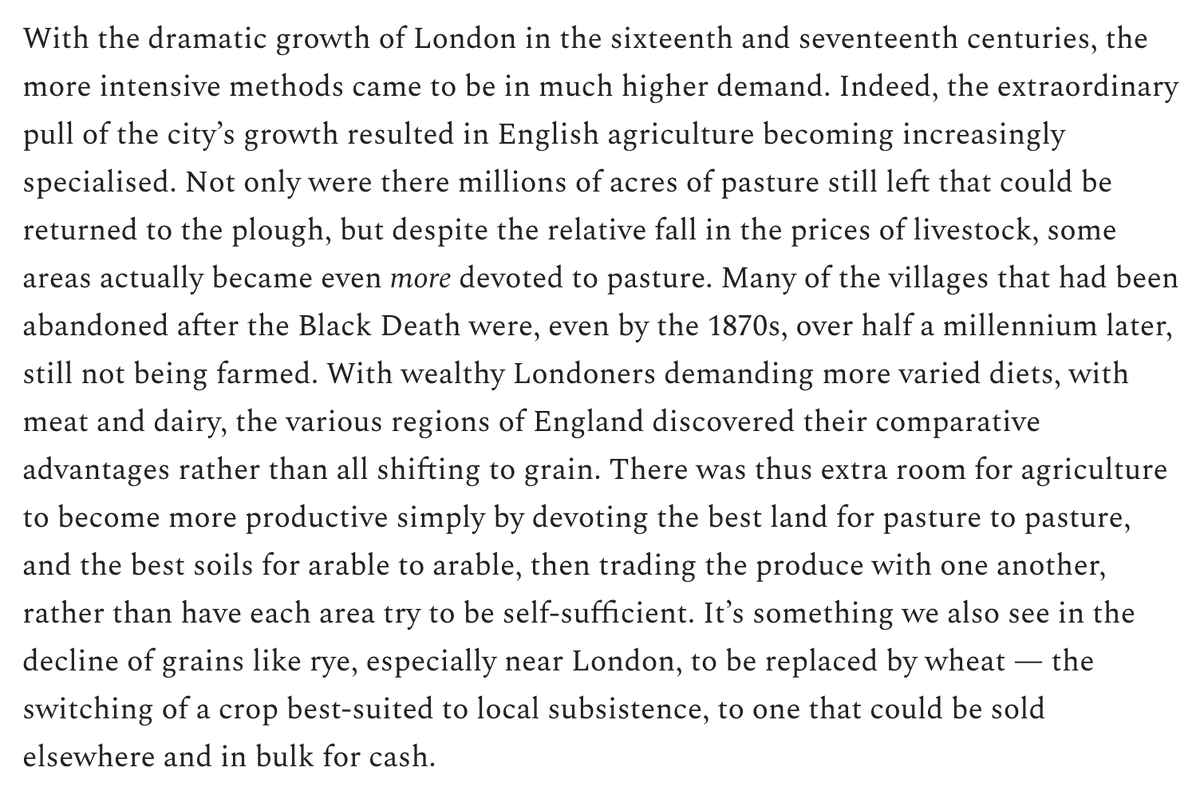
Oh, you get to see my answers, too. That's nice.
Ah, back in business. We have an audience question seeking reassurance that the link between imperialism and capitalism will be discussed.
• • •
Missing some Tweet in this thread? You can try to
force a refresh
















